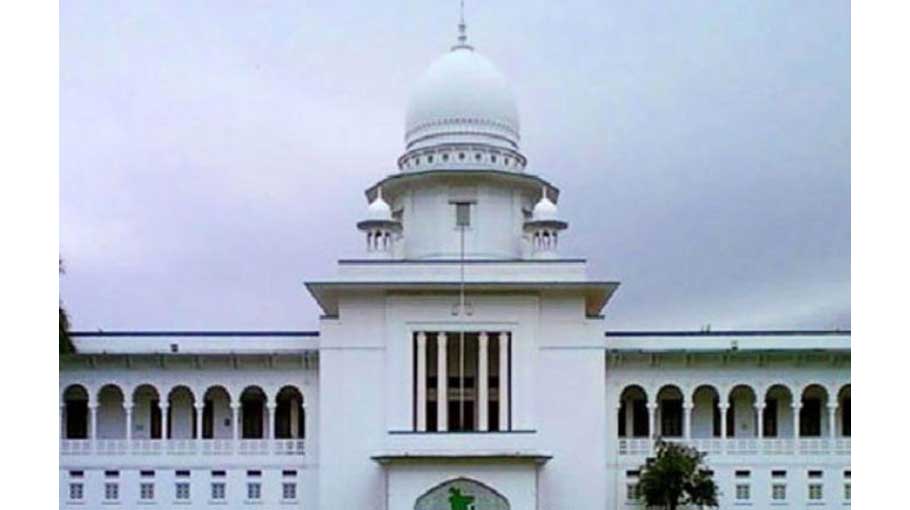HC questions legality of ACC rules that obstruct filing of graft case

The High Court (HC) has questioned the legality of a Section of the Anti-Corruption Commission (ACC) Rules that curtails individual’s rights to directly file corruption case with the court.
The HC bench of Justice Md Nazrul Islam Talukder and Justice Kazi Md Ejarul Haque Akondo on Sunday questioned the legality of the section following a supplementary writ petition filed challenging the legality of the section of the ACC Rules.
The HC bench also issued a rule asking the ACC and the government to explain in 10 days why Section 13 (3) of the Anti-Corruption Commission (Amendment) Rules, 2019 should not be declared illegal and scrapped.
Secretaries to Law Ministry, Home Ministry and the Parliament Secretariat, Chairman and Secretary of the ACC, and Inspector General of Police have been made respondents to the rule.
Supreme Court lawyers Subir Nandi Das and Nowshin Nowal filed the supplementary writ petition on June 9 this year.
Subir Nandi Das stood in the court for the petition while Advocate Khurshid Alam Khan appeared for the ACC and Deputy Attorney General AKM Amin Uddin Manik represented the state.
In the writ petition, the lawyers said the people’s rights to file corruption case with the court has been barred due to the Anti-Corruption Commission (Amendment) Rules, 2019 which is against the relevant sections of the Constitution and Criminal Procedure Code (CrPC).
According to the petition, the ACC on June 20 in 2019 issued a gazette notification amending the Anti-Corruption Commission Rules, 2007.
In the amended rules, it was said that an embargo has been imposed on citizens’ rights to directly file a corruption case with the court and preconditions have been imposed on the court in accepting such a case for holding its trial.
It was also said in the amended rules that a citizen can file a graft allegation with a police station, but the police cannot record the allegation as a case. The police station will accept the allegation as a general diary (GD) and will send the GD to the ACC and then the ACC will record the GD as a case and conduct an enquiry into the case.
Earlier, Subir Nandi Das and Nowshin Nowal on November 13 in 2019 filed a writ petition challenging the legality of the sections of the ACC rules. Following the writ petition, the HC on December 17 in 2019 issued another rule asking the ACC and the government to explain why the ACC Rules that curtail police’s authority to directly record corruption cases should not be declared illegal and scrapped.
The HC rule of Sunday was issued in continuation with the previous rule, Subir Nandi Das said.


